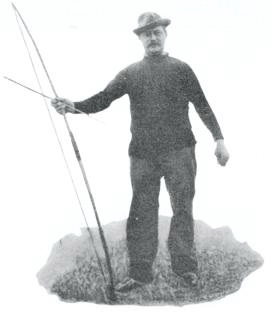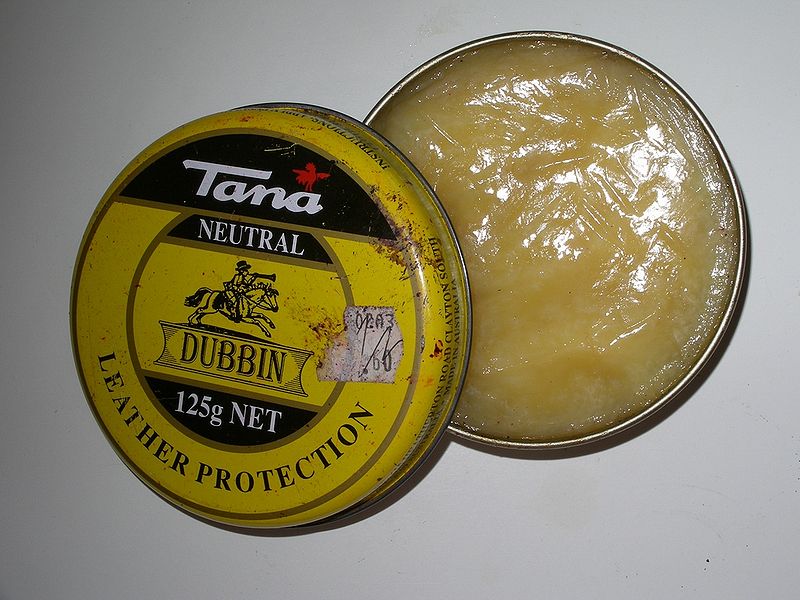Last night I dreamt I went to Pointy Town again. I was accompanied by an albino hen. Feather-footed we passed through the plashy fen. I awoke to the tolling chimes of Big Ben. Over breakfast I realised I had been dreaming in rhyme, by no means for the first time. I often dream in chunks of verse, and wonder if it’s a kind of curse, a restraint upon more free-form dreaming from which I might wake up beaming, joyous, happy as a lark, rather than misery-racked in the dark. I eat my breakfast in the rain and bewail my fate again.
Thus begins Dennis Beerpint’s verse memoir Dreams Of Pointy Town, in which the weedy poet describes one-hundred-and-forty-four dreams of Pointy Town. The challenge for the reader, apart from getting through this stuff without hurling the book across the room into the fireplace, is to use the various descriptions of Beerpint’s dream Pointy Town to construct a map of the place. This is not a challenge set by the poet, you understand. He couldn’t care less what you do with his book once you have bought a copy. No, it is a challenge I have set myself, to keep me occupied and out of mischief. If I don’t buckle down to such an activity, I might go haywire and start throwing citrus fruit into the sea. Much better that I sit at my escritoire with a large sheet of paper and a propelling pencil and a copy of Dennis Beerpint’s verse memoir, and make a cartographic interpretation of his words.
Here I might echo Marlow, the narrator of Joseph Conrad’s Heart Of Darkness, who says “Now when I was a little chap I had a passion for maps”. Beerpint quotes this very line, and goes on to say
I liked to fill in all the gaps between the roads and railway lines with strings of trees, larches and pines, whether they were actually there or not. Then one day while drawing I made a terrible blot, spilled black black ink on a map of Box Hill. I left it to dry out on the windowsill. While I was gone it was pecked at by linnets. As a youngster would say, “The birds ruined my map, innit?” Well, that’s what they would say, ungrammatically, today, but when I was young that barbarism had not yet sullied my native tongue.
Mindful of Beerpint’s warning, I was using a propelling pencil rather than pen and ink. I did not want to spend untold hours constructing a map of a dreamlike Pointy Town only to blot it with ink and place it on the windowsill to dry out and then to have it pecked at and ruined by linnets. Frankly, I do not know if the linnet is a regular visitor to my windowsill, but any beaked and pecking bird – that is, pretty much all of them – would inflict similar damage. That is the beauty of a propelling pencil.
But the sense of Beerpint’s rhymed remarks is that he was annotating an existing map with his childish strings of trees, scribbled in between roads and railway lines. It begs the question of what sort of map he was working with, if blank space was left between major roads and railway lines. What about rivers and copses and spinneys and tors and ponds and clusters of farm buildings and youth hostels and post offices, to name but some of the features detailed on any map worth its salt? I had drawn at least one of each of these on my own map very early on, very early indeed. In fact, I began by sketching in the course of the Great Frightening River and pinpointing the location of Bodger’s Spinney and the Sawdust Bridge Post Office. That done, I carefully placed my nascent map in a locked and lead-lined drawer, safe from the pecking beaks of linnets. Then I took a nap.
Unlike Dennis Beerpint, I do not dream in rhyme. However, during my forty winks, I did dream, and I dreamt of Pointy Town. Actually, that is not quite right. I dreamt, not of Pointy Town, but of Beerpint’s dream Pointy Town, complete with the albino hen and the plashy fen. When I woke – to the sound of a bevy of linnets crashing into my windowpane – I resolved to fight the sudden urge to go and throw citrus fruit in to the sea and to get back to work on my map. I removed it from the locked and lead-lined drawer and spread it out on my escritoire, but now I found myself befuddled. Swimming in my head now were two dream Pointy Towns, Beerpint’s original and my dream of a dream. Was I going to have to draw two separate maps? And what would happen next time I took a nap? I might dream of Pointy Town again, and it might be a dream of the real Pointy Town or a dream of Beerpint’s dream Pointy Town or a dream of my dream of Beerpint’s dream Pointy Town. I might be awakened by birds crashing into my windowpane to find I had another competing version of Pointy Town to construct a map of. If things went on in this fashion, the necessary maps would multiply incessantly.
That is when I had the idea of drawing a palimpsest map. I would create as many maps of dream Pointy Towns as I had cause to, but I would draw them all on the same big sheet of paper, one on top of another. And I would use the same propelling pencil for each map, so that the details of one would blend in with the details of all the others. This would make it difficult to use the map to find one’s way around the real Pointy Town, but, arguably, it would be much much easier to negotiate a dream path through a dream Pointy Town.
No longer befuddled, I was so happy that I thought I would give myself a treat. Locking the map in its lead-lined drawer, I hoisted a punnet over my shoulder and went out. On the lawn, several concussed linnets were staggering about. I pranced in sprightly steps down to the beach, and threw citrus fruit into the sea.


